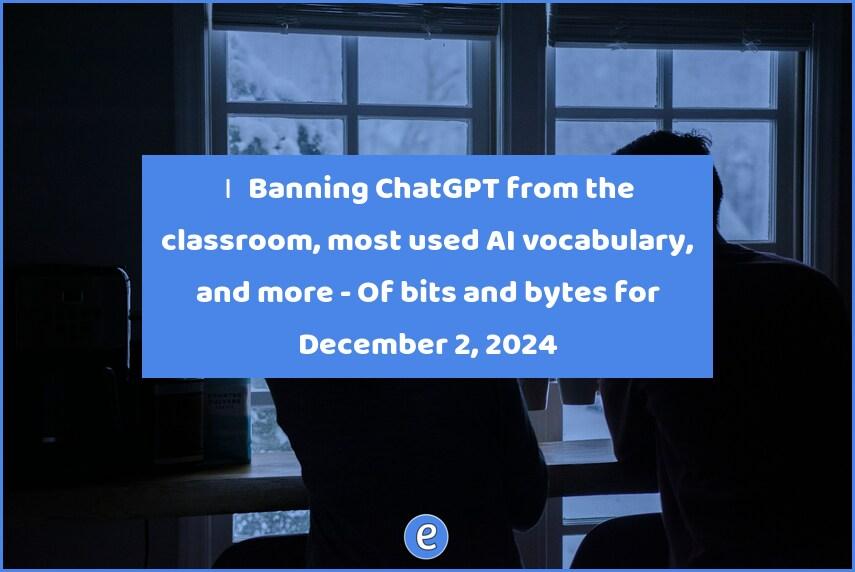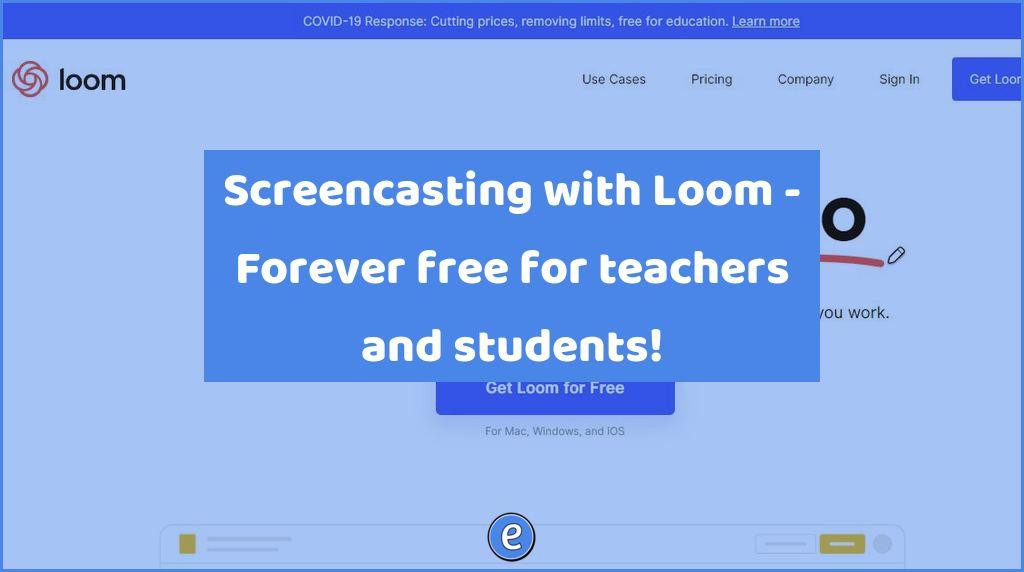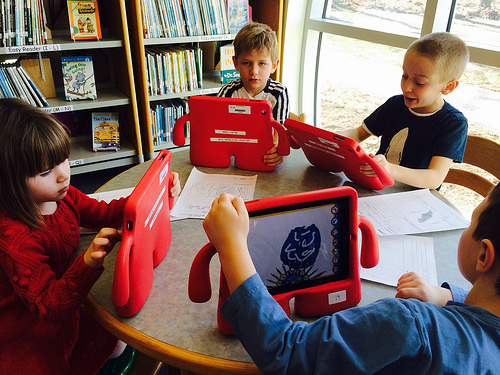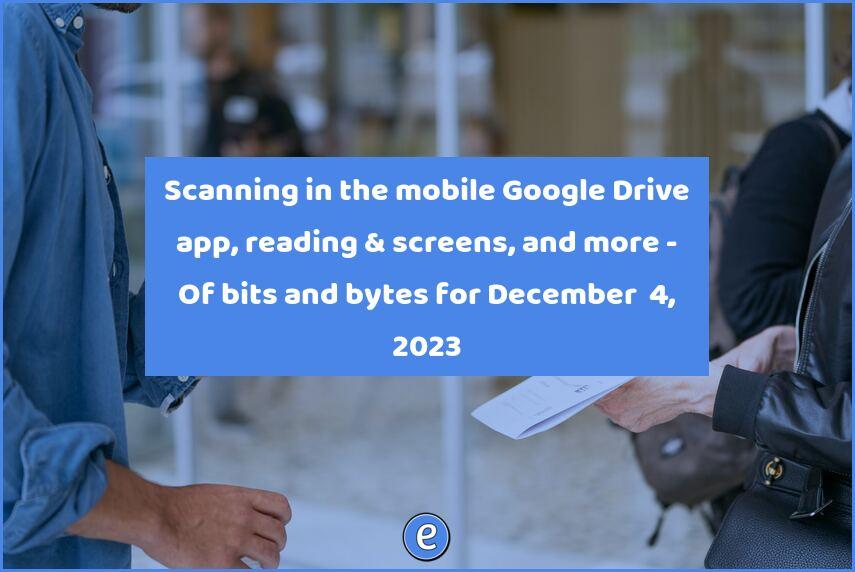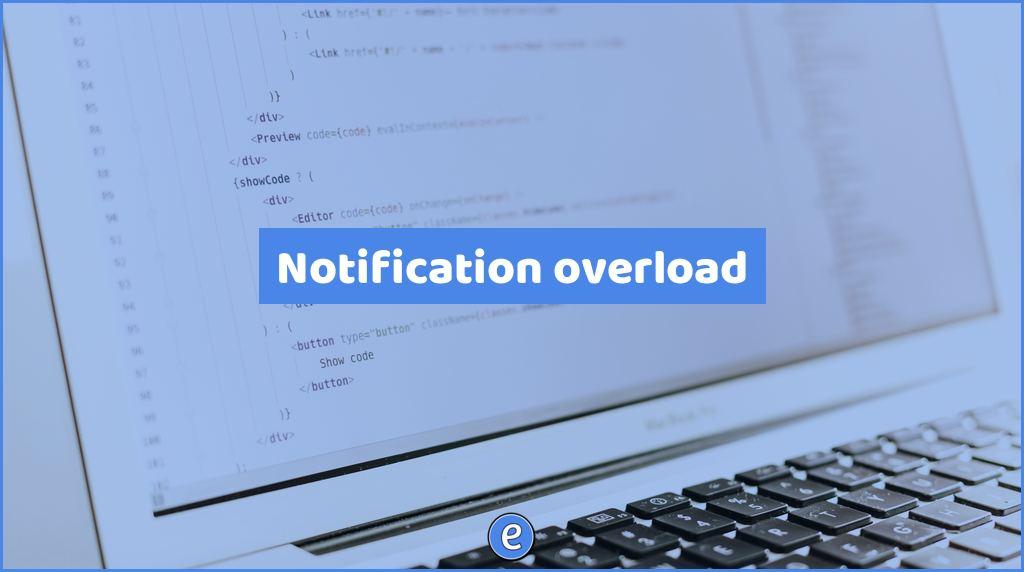🙋♂️ Banning ChatGPT from the classroom, most used AI vocabulary, and more – Of bits and bytes for December 2, 2024
Internet Travels
Of bits and bytes is my weekly round up of interesting links and ideas I discovered on the internet. It is published on Mondays for the previous week
Learn21 is a proud sponsor of Eduk8me and the Of Bits and Bytes newsletter. Read more about their mission at Learn21.
Apps
Google has introduced “huddles” in Google Chat, a new feature designed for instant-on, audio-first meetings. This new functionality is perfect for a quick brainstorming session without the need for scheduling a formal video call.
Pedagogy
If AI can code, then does learning to code still matter? Teaching coding to students is less about the code itself and more about the essential life skills such as problem-solving, perseverance, creative thinking, pattern recognition, and logical reasoning.
If you don’t want ChatGPT in the Classroom, do I have an article for you!
Linguist Prof. Emily Bender argues against incorporating ChatGPT into K-12 classrooms, presenting it as unnecessary and potentially harmful. It suggests that the guide released by OpenAI and Common Sense Media is full of hype and lacks valid research or references. The article claims that the guide contains unrealistic use cases and a fundamental misunderstanding of AI, creating a disconnect between what ChatGPT supposedly offers and its actual educational value.
And you know what, she is absolutely correct with her criticisms. However, I find the lack of long term thinking disturbing. The current crop of AI can do some things amazingly well and other things terribly, but just because there are issues doesn’t mean you throw it all out. And from what I’ve seen, the teachers who suffer the most as time progresses are those that never want things to change.
Technology
Australia just passed a new law that bans under-16s from social media. There are pros and cons, with supporters happy for better protection, but on the other side of the coin are those worried about privacy issues and unintended consequences.
Screens have become a dominant part of teenage life, but the content they consume can significantly influence their emotional and psychological well-being. A report by the American Psychological Association (APA) highlights the potentially harmful effects of certain online videos on adolescents, pointing out that harmful behaviors like aggressive conduct or body shaming can distort their understanding of themselves and social norms.
Anthropic has introduced the ability for users to customize how their chatbot Claude AI responds to different writing tasks. Users can now train Claude to mirror their unique communication style or choose from ready-made options like Formal, Concise, or Explanatory for varying tasks. Sounds like more fun on trying to figure out what students have created vs what AI has created.
Tips
Kathy Schrock brings us TeacherServer.com which has a ton of free AI tools for teachers. Created by a USF St. Petersburg Education Professor, it has hundreds of tools for both K-12 and higher education with step-by-step instructions for creating everything from safe science experiments to professional development plans.
Pop Culture
GPTZero updates a list of AI’s most used vocabulary words for the month. The list is generated based on how often the words appear in AI documents vs human created documents. Number 1 for October is objective study aimed and number 2 is research needed to understand. The occurrence of these words doesn’t necessarily mean the work is generated, but could be used as indicators for further investigation into the nature of the document’s creation.
Before Thanksgiving break each year, a kindergarten teacher collects her students’ “recipes” for holiday dishes. She then compiles these into a recipe book, providing a glimpse into what kindergartners thinking cooking is.
Potpourri
A federal court has ruled that a Massachusetts school did nothing wrong when it punished a student for using AI to complete an assignment. The parents of the student, argued that there was no explicit rule against the use of AI in the student handbook. However, the court observed that the school’s policies on academic integrity and the unauthorized use of technology already covered this inappropriate usage.
Deanna (aka @deestemteach.bsky.social) is collecting a shared list of top alternative resources to Teachers Pay Teachers (TPT)). If you’re interested in alternatives or have resources to contribute, feel free to jump in and add to the list.
Venting your frustrations doesn’t actually help, says a new study from Ohio State University. Researchers analyzed 153 studies and found that expressing anger doesn’t reduce it; in fact, it might make it worse. Instead, calming activities like slow-flow yoga, mindfulness, and progressive muscle relaxation work wonders for taming anger by lowering arousal levels.
Extra Credit
Here are extra links that I found interesting that may or may not be education related or interesting to you and I didn’t want to lose them.
- Train Your Brain to Work Creatively with Gen AI – (Archive)
- How to Recognize A.I. and Video Misinformation Online – The New York Times – (Archive)
- M.I.T. to Offer Free Tuition to Families Earning Less Than $200,000 – The New York Times – (Archive)
Thank you!
Major props if you’ve made it this far, you are a rockstar! Feel free to contact me with questions, ideas, concerns, or your thoughts on the next Marvel movie. In fact, I love to discuss about any topic and then wonder how it intersects with education, so fire away!
“Yesterday is history, Tomorrow is a mystery, but Today is a gift. That is why it is called the present.” – Oogway, Kung Fu Panda

By design, the vast majority of Of Bits and Bytes readers never pay anything for the links, commentary, and tips it provides. But you made it all the way to the end of this week’s edition — maybe not for the first time. Want to support more journalism like what you read today? If so, click here.
Be sure to subscribe to my YouTube channel and join your fellow educators on the Eduk8me email list!
